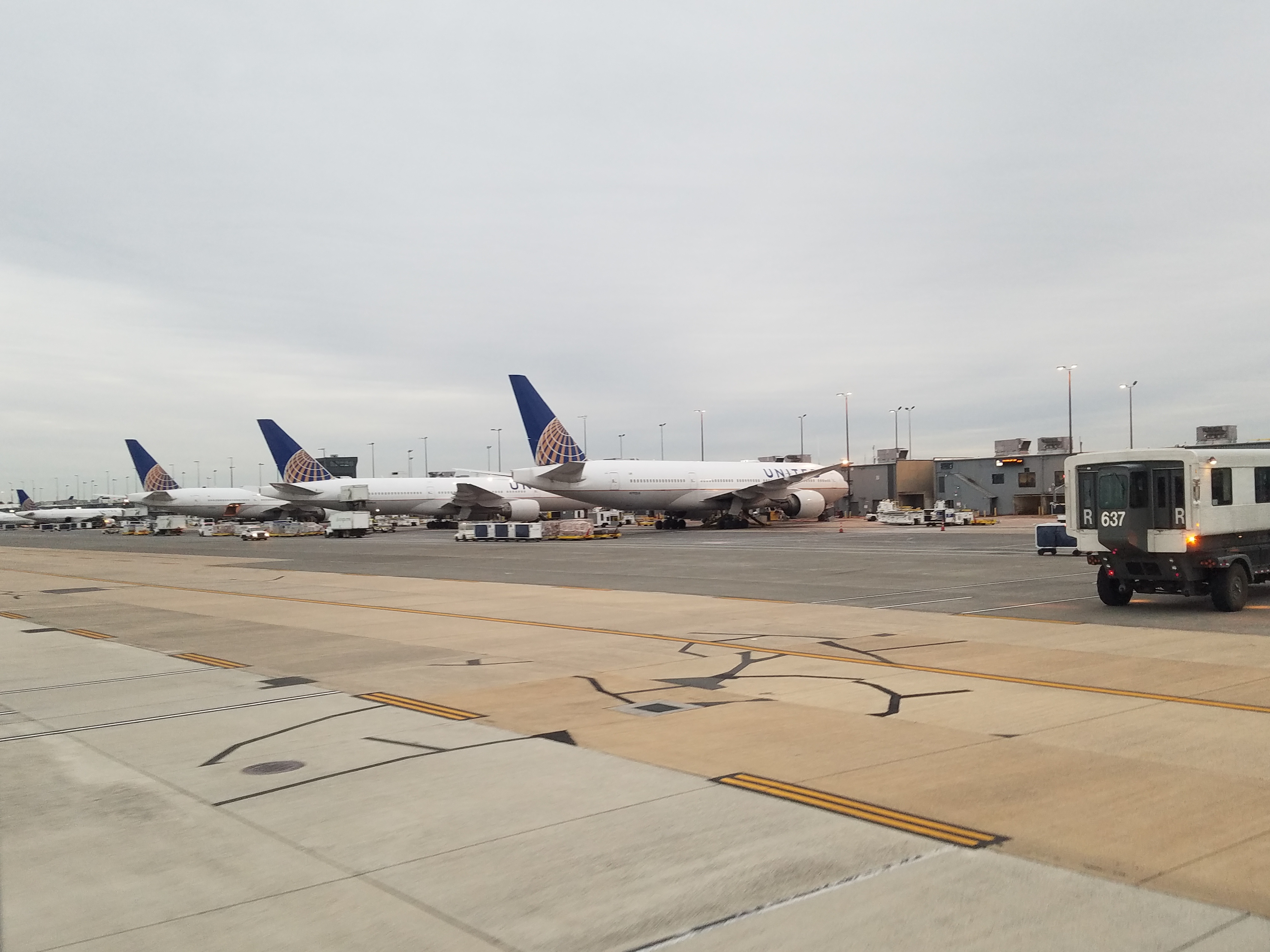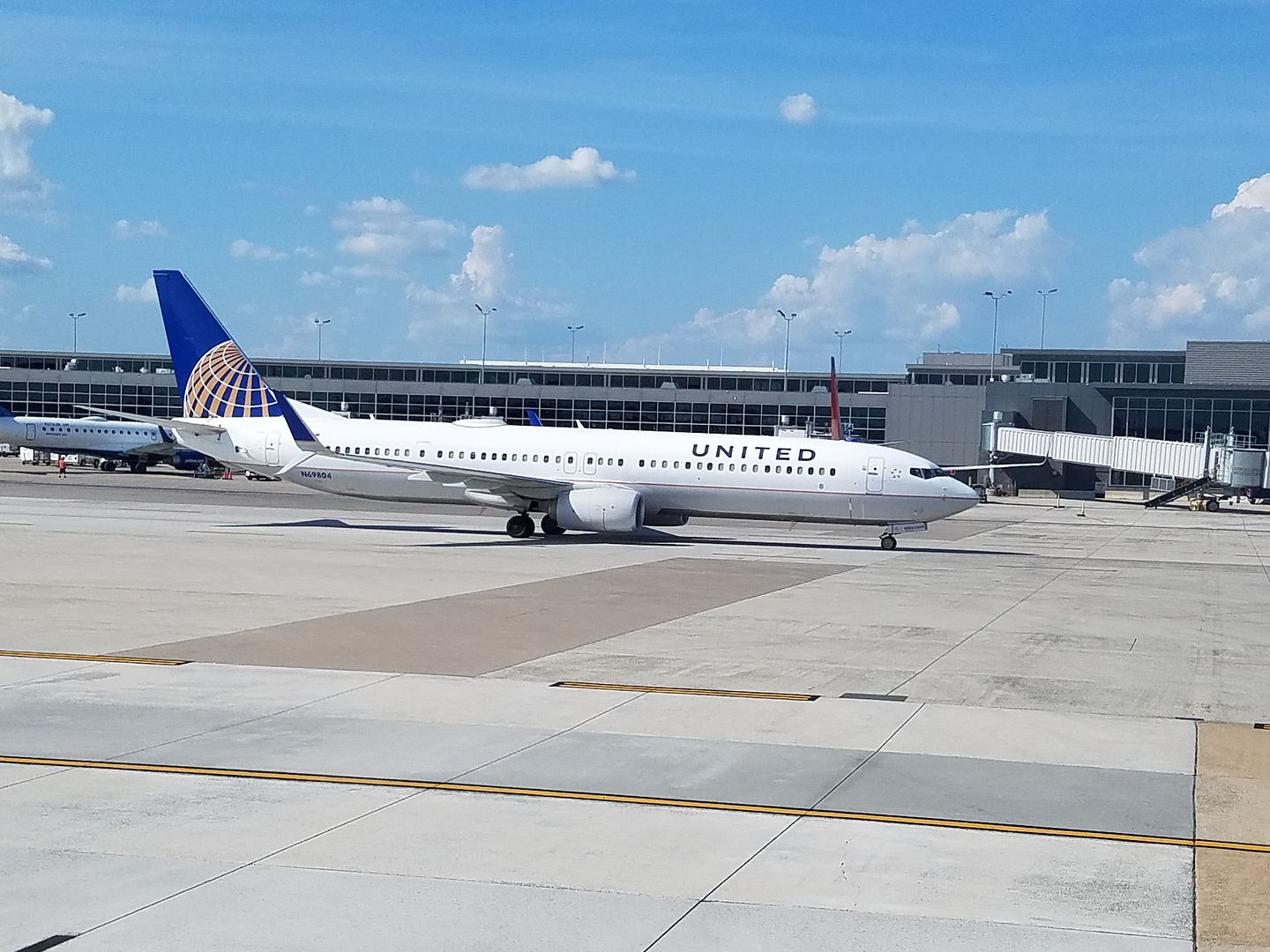Airline frequent flyer programs have bigger credit card deals than ever before. Each of Delta, American, and United are bringing in over $2 billion a year from their cards. And their frequent flyer programs earn better than 50% margins.
However the future isn’t all that bright. Stifel analyst Joe DeNardi has suggested airline stocks could be worth double their values if only the market realized how great these frequent flyer programs are.

However:
- The future may mean lower interchange rates than are charged today for credit card transactions. Cutting credit card processing fees in half would mean substantial reductions in bank spend to incentivize transactions, and that would hurt airline frequent flyer businesses.
- Customers are frustrated with frequent flyer program — higher mileage costs and more difficult availability.
- At the same time banks are ramping up spending on their own rewards products, engaged in creative destruction against their airline cobrands. We’ve seen rewards spending like never before at American Express and Chase.
When I chatted with DeNardi in May at a conference in Atlanta he assured that in order to get a 15 to 20 times earnings valuation on frequent flyer programs they only needed 4% or 5% a year in growth. My contention was that sort of revenue growth was unlikely in the future, in fact there’s a reasonable chance that net revenue would fall.
- Airlines may receive less revenue if interchange falls. Interchange is more likely to fall than to rise.
- Airlines may receive less revenue if customers choose proprietary bank rewards cards instead of airline rewards card.
- Airlines will have to spend more on redemptions, making miles more valuable, if they hope to compete with banks ramping up their rewards spending by hundreds of millions of dollars.

DeNardi picked up on the theme of competition for airline cards in his first question to United Airlines President Scott Kirby. DeNardi asked what United is doing to ramp up the value of their own product to ensure their card remains competitive with cards like Chase Sapphire Reserve.
Kirby deflected:
- They’re having good conversations with Chase. Kirby now has a quarterly meeting “with Gordon”
(Gordon Smith is CEO of Consumer and Community Banking at Chase). - They’re underperforming Delta and American with their card partnership on “margin by point or point and a half” suggesting they have upside. Kirby says “American has a huge tailwind because of their deal with Citi” as though he’s unaware that American is behind in its own credit card customer acquisitions.
Put another way, the answer to what United appears to be doing to ensure the Explorer credit card product is attractive to consumers for their spending considering the rich alternatives in the marketplace is… nothing.
It’s an important point and it got made in the earnings call: Co-brand credit card revenue is hugely important to United. United is devaluing MileagePlus at a time their competitors are investing increasingly more in rewards. How can that possibly make United better off?


Who in their right mind thinks the Big 3 FF programs are anything but junk currency? When you devalued the mile by 2/3 did you think your most loyal customers wouldn’t devalue you in return? Then to cede economy fares to the better product of JetBlue (more legroom, free wifi), Alaska/VIrgin (real miles) and SW (free changes, bags and wifi) caused even most low fare shoppers to hide your flights.
I know that I’ve made a conscious effort to not spend any more than I have to with my AA cards. That lack of award capacity just doesnt give me much incentive to do anything. And even then I just wait for the 3x bonus miles to spend. I’m spending way more on Amex and Citi thank you points because I can use them when I want.
I think the next few years will be a shock to the airlines when they find out these FF credit card deals arent as lucrative as they were. I think AA already announced they were getting $200 m less this year, right?
I defend DiNardi and his call because I like the creative thinking of imagining that maybe airline stocks are some kind of proxy currency for a more exciting business. People for years used to imagine GE was actually a proxy bank because 30% of its earnings were coming from GE Capital. Turned out to not really be a positive in the long run for GE and the same thing is likely the case with DiNardi’s call.
But as you rightly point out, I am shocked the airlines are not way more concerned with the bank programs and their big push into the space. This is exactly the time they should be ramping up their own investment in their FF programs before the bank’s take this business away from them. The banks are not some tiny start ups that will fail and disappear. If they decide they like your business and pour their capital into it, you’d better watch out. The airlines are kinda like every business that ignored Amazon, thinking their competition are the other airlines and ignoring Chase and Amex who are the real threat.
@Rob: You said it better than I would have.
This situation reminds me of scenes in the movie about Madoff where investors are just starting to show concern. It starts slowly then accelerates into full collapse much more quickly than any of the insiders had expected.
I refuse to put spend on an airline card outside of signup bonuses. My logic is if I accumulate a bunch of the transferrable currencies (Marriott, Chase, Starwood, Amex) the result is it basically forces the airlines to have or open award space to receive the revenue.
Great post Gary, good to see that there are signs that devaluations across FF programs have not gone unnoticed by the customers.
I use my AA card to reach my 10 K preferred then stop. Next year I may give up. I now use chase preferred and Amex as my primary cards.
Airlines are you listening?
My gut is that the continuous and increasing drumbeat on this topic – namely that airlines FF programs are slowly rotting away – combined with the new inventory management system, and probable pressure from credit card partners, will result in a dump of award seats at United around the time of the new system, say in the next 4-6 weeks.
They are definitely more stingy than last year, I’ve tracked the same flights year over year that had availability a year ago this time, empty now yet with no lower level awards. I expect to see them try to fill some seats particularly on trans- atlantic and -pacific.
When we transfer our bank currencies to the airlines to actually use them, don’t the airlines profit that way, too? Don’t they still get positive returns even when we use bank cards?
Well, I will posit that it isn’t Chase who is most actively competing with airline credit cards. It’s Capital One. Airline miles aren’t worth 2 cents each, and every Jennifer Garner ad reinforces that fact. Chase, Amex, et al have actually done a poor job of demonstrating exactly how valuable their rewards are, but that’s because they really don’t want you using them in the ways that are most valuable to you.
My AA stock is up 23% this year!
The whole S&P 500 is up 23% this year, Dana, which suggests you took on all the added risk on holding a single equity without getting any additional return for it.
But being up 23% is definitely better than not, though.
The ” competitors are investing increasingly more in rewards” meaning banks, right? Since it seems like no airlines is.
I’m curious if any other airlines are being asked these questions on their investor calls since it seems like this is going to hit all of them (as we saw with AA).
I’m also curious how it works when people transfer points to the airlines (how much the airline makes off that partnership). Of course, if there isn’t any award space then there’s no reason to transfer the points…
Guess Mileslife just came out right on time to make up the difference in the future.hah
@Troy — indeed!!